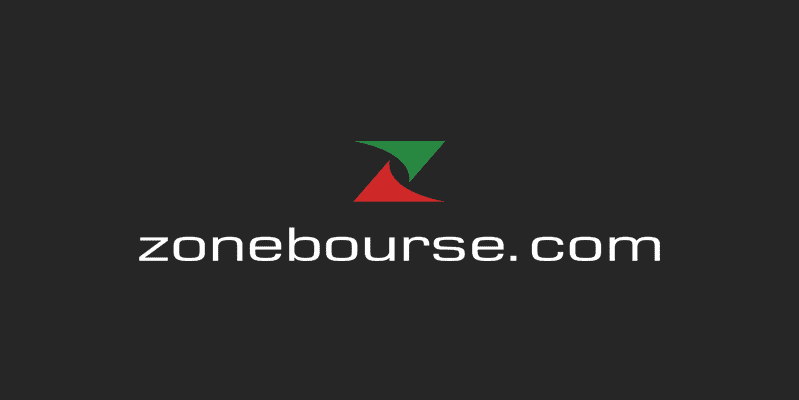digital
BRUSSELS (awp/afp) – Disinformation, online hatred, counterfeits… The EU regulation on digital services (“Digital Services Act”, DSA) concluded on Saturday, aims to better enforce European laws by platforms digital, in particular social networks, marketplaces and search engines.
Here are the main points.
Rules for all online platforms
+Obligation to appoint a legal representative in one of the 27 Member States.
+Obligation to act “promptly” to remove any illegal content or to make access to it impossible as soon as the platform becomes aware of it.
+ The platforms will have to inform the judicial authorities “promptly” when they suspect a “serious criminal offense” threatening “the life or safety of persons”.
+Online platforms must publish a report once a year detailing the actions taken to moderate content and their response times after notification of illegal content. They will have to report on disputes with their users and the decisions taken.
+All online platforms must have a free complaints system to challenge decisions to withdraw information, suspend or terminate an account.
+Platforms will have to suspend users who “frequently” provide illegal content (hate speech, fraudulent ads…).
+Online sales sites will have to verify the identity of sellers before authorizing them on their platform and block repeat fraudsters. They will also have to carry out random checks on their advertisements.
+Advertising: the platforms will have to allow each user to know the parameters used to target him and the funder of the ad.
+ Prohibition on using “sensitive” user data (gender, political leanings, religious affiliation, etc.) for targeted advertising, in particular to prevent manipulation of opinion.
+Prohibition of advertising targeting minors.
+Prohibition of misleading interfaces (“dark pattern”) that push Internet users towards certain account settings or certain paid services.
+The main parameters used by their recommender systems should be published in their terms and conditions.
Obligations for very large platforms
+Additional obligations will be imposed on “very large” online platforms, with more than 45 million active users in the EU, potentially 20 companies including Google (and its subsidiary YouTube), Meta (Facebook, Instagram), Amazon, Microsoft (and its social network LinkedIn), Apple, as well as Twitter, and perhaps also TikTok, Zalando or the booking platform Booking.
+They will have to analyze the risks associated with their services in terms of the dissemination of illegal content, invasion of privacy or freedom of expression, health or public safety. And will have to put in place the means to mitigate them (moderation of content, etc.).
+Very large platforms will provide the regulator with access to their data so that it can monitor compliance with the regulation. This data may also be open to approved researchers.
+They will be audited, at their own expense, once a year by independent bodies to verify compliance with their obligations.
+They must have an independent internal control service to verify that they comply with the regulations.
+Obligation to fight against “revenge porn” content.
Supervisory authorities
+Each EU Member State will designate a competent authority, with powers of investigation and sanction, to enforce the regulation. These 27 authorities will cooperate with each other.
+The Member State in which the main establishment of the digital service provider is located will be competent to enforce the obligations, except for very large platforms which should be placed directly under the supervision of the European Commission.
Possibility of complaints for users
+Users will have the right to lodge a complaint against a digital service provider with the competent authority alleging a violation of the regulations.
+Online sales sites that do not respect their obligations may be held liable for the damage suffered by buyers of non-compliant and dangerous products.
Penalties
+Fines may reach up to 6% of annual turnover.
+To put an end to an infringement, a fine of up to 5% of daily turnover may be imposed.
Exemption for small businesses
+Micro and small enterprises are exempted from the obligations provided for by the regulation.
aro/imf/roc
